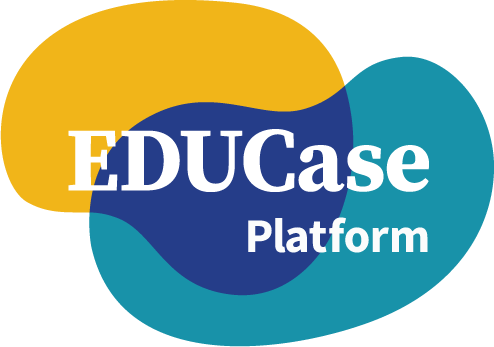Exploring the challenges and potentials of bioethanol in Kenya: A student-led expedition

The student challenge was part of the AgriSCALE initiative that fosters agro-entrepreneurship education and competence. The objective of the student challenge was to investigate why bioethanol, despite its environmental and health benefits, such as reduced carbon emissions and improved indoor air quality, hasn't gained widespread adoption as a cooking fuel in rural Kenya, where charcoal and firewood remain prevalent.
The methodological approach to the student challenge was based on Problem-Based Learning (PBL). Accordingly, the students immersed themselves in the local communities engaging with stakeholders. The fieldwork led the students to explore the innovative use of invasive plants, particularly the water hyacinth, in bioethanol production. The water hyacinth, while disruptive to marine ecosystems, holds potential as a raw material for bioethanol, presenting a unique opportunity to tackle environmental challenges while addressing energy needs.
During the fieldwork, the team gained profound insights through discussions with local stakeholders. They uncovered a multifaceted dynamic involving reliance on various livelihoods, seasonal variations, and ingrained behaviors that influenced attitudes towards adopting bioethanol. While some individuals expressed reluctance to move away from traditional fuels, others were more receptive to change and expressed a desire for practical demonstrations. Additionally, the team identified technical hurdles, such as the limited energy output of bioethanol for cooking certain foods, and the absence of regulations governing the harvesting of water hyacinth. Despite these obstacles, the student team focused on achieving outcomes related to consumer awareness through a targeted campaign, along with developing a comprehensive result chain that encompassed impacts, outcomes, outputs, activities, and inputs.
Upon returning to Finland, the team reflected on the profound impact of PBL methodology and experiential learning. The team recognized the limitations of remote research and emphasized the value of on-the-ground fieldwork in understanding the complexities of the issue. The team further expressed how on-site data collection and community engagement aligned with Sustainable Development Goals encompassing equality, collaborative partnerships, and consumer-related data.
As part of the larger AgriSCALE initiative, the collaboration serves as a beacon for future endeavors and a testament to the transformative power of experiential learning and cross-cultural collaboration in tackling global sustainable challenges.
Read more news
Breaking the Darkness: Tackling energy crisis in Lesotho
Lesotho, often called the Kingdom in the Sky due to its high altitude, faces a severe energy crisis, with nearly half of its population lacking access to reliable electricity.
Transforming Interdisciplinary Education: Sustainable Global Technologies (SGT) Across Four Continents
The true impact of our actions often unfolds over time, as demonstrated by the students at the SGT FAIR’24 on May 22. Their work showcased how a single student challenge can drive significant change.
A Global Learning Space: Empowering Students for Responsible Global Engagement
As part of the EDUCase network, the University of Oulu has offered to be the testing ground of a virtual learning initiative that aims to revolutionize virtual learning.
